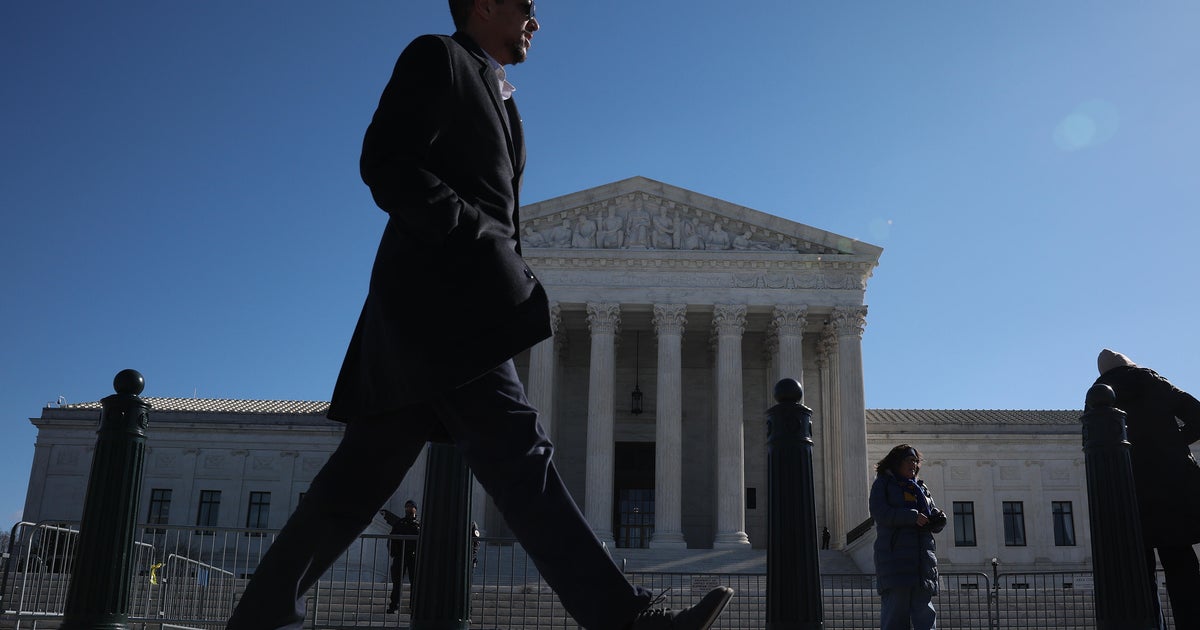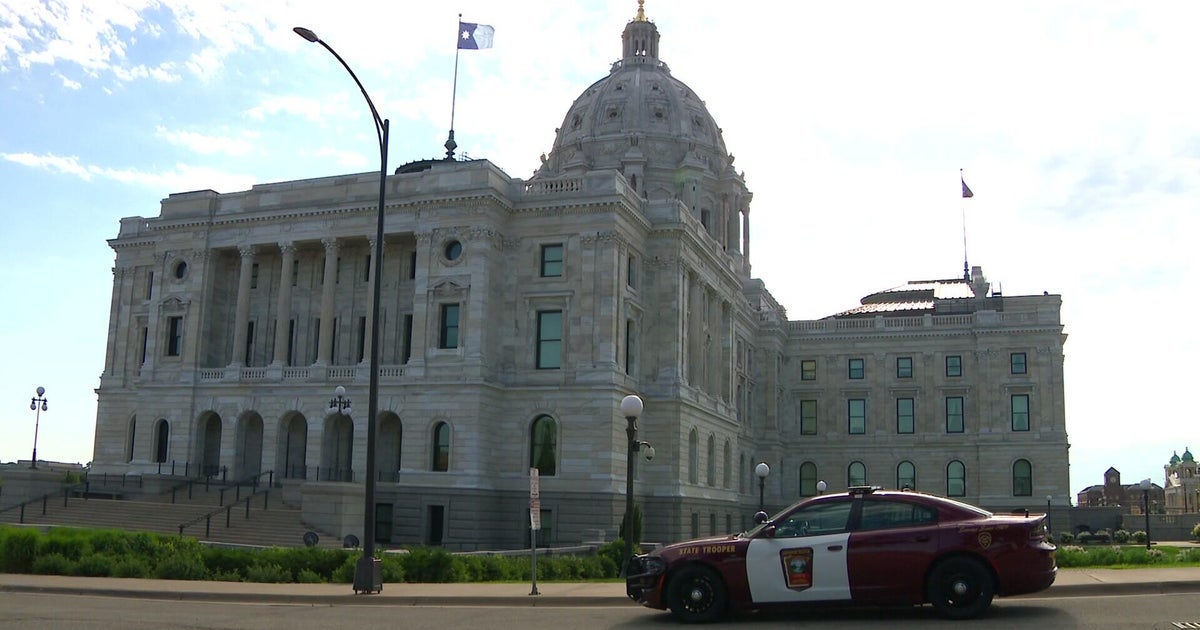Opposing sides of abortion fight prepare to navigate new landscape after Supreme Court decision
Washington — Nearly 50 years after the Supreme Court established a constitutional right to an abortion, the prospect of a ruling that allows more limits on the procedure has come into focus in the days since the justices weighed the constitutionality of a Mississippi law banning abortions after 15 weeks of pregnancy.
A decision from the Supreme Court is not expected until summer 2022, but groups on both sides of the battle are already preparing to open a new front. During oral arguments that spanned nearly two hours, the conservative justices seemed open to upholding the Mississippi law at the center of the dispute, which would pave the way for states to enact more stringent abortion laws.
The arguments in the case, known as Dobbs v. Jackson Women's Health Organization, was the culmination of a decades-long campaign from anti-abortion rights advocates pushing for the 1973 decision in Roe v. Wade to be overturned. With the election of former President Donald Trump in 2016 and his appointment of three justices who expanded the court's conservative majority to 6-3, the goal of dismantling Roe became more attainable.
In the run-up to the Supreme Court hearing the Mississippi case, Susan B. Anthony List, an organization that works to elect politicians who oppose abortion, rolled out a $10 million television and digital ad campaign in the District of Columbia and battleground states to educate people about the legal fight. The organization also has a canvassing operation active in six states.
"In June, if we get the decision we're hoping for, we will have already been talking to Americans in battleground states in particular about the impact that this Dobbs case is going to have on their election and on the whole country," said Mallory Quigley, the group's vice president of communications. "This has been a years-long effort to try and educate people."
Coinciding with arguments in the Mississippi case last week, the Family Policy Alliance, a conservative organization, launched a campaign to prepare for a possible decision overturning or gutting Roe, which includes a multi-pronged effort focused on education and mobilization of voters.
Republican-led states have been preparing for the Supreme Court to overturn Roe. A dozen already have so-called "trigger bans" on the books, in which most abortions would be outlawed in the event of a ruling reversing the 50-year-old decision. The Guttmacher Institute, an abortion rights research organization, estimates 26 states are poised to attempt to ban abortion if Roe is scrapped or weakened, which could affect 36 million women of reproductive age.
On the other side of the abortion debate, though, 14 states and the District of Columbia have passed laws protecting the right to an abortion, either by codifying the right or allowing abortions before fetal viability.
"What the next year would probably look like are these states looking to enforce abortion bans and pass more restrictions on abortion, and basically how do you get through thinking about how to weather that storm of bans and then move to how to protect abortion rights where it's possible in those more progressive states, and how to build the case to roll back abortion bans and restrictions over time," Elizabeth Nash, principal policy associate for state issues at the Guttmacher Institute, said.
In Mississippi, which has one clinic, Jackson Women's Health Organization, that provides abortion services, pro-abortion rights advocates warn a decision upholding the law would curb access for communities that need it most.
"I'm sure some women probably could go somewhere else, but the majority of the patients that we see, they're barely making it there, and they live in the state," Shannon Brewer, the clinic's director, told reporters after oral arguments. "These are the women who are going to be affected the most, are the ones who are needing the services the most because they can't afford to jump on an airplane and fly somewhere."
If the Supreme Court gives the green light for bans on abortion before viability — the point at which a fetus can survive outside of the womb, generally between 22 and 24 weeks — Brewer said her clinic would assist women "in some shape or form" in getting an abortion through referrals to other states or in a similar capacity.
Beyond state laws banning abortion before viability, Nash said restrictions on medication abortion could become the next big focus for states. The Food and Drug Administration approved the pills to end an early pregnancy in 2000, and the agency is reviewing restrictions on medication abortion, which were relaxed by the Biden administration during the COVID-19 pandemic.
Nineteen states require a clinician providing a medication abortion to be with the patient when the drug is administered, according to the Guttmacher Institute.
"Between the federal action and how telehealth has permeated practice, we're seeing past restrictions on medication abortion," she said. "I expect to see that in 2022 and beyond."
While some of the justices indicated a willingness to overturn Roe and Planned Parenthood v. Casey, the landmark decisions that prohibit states from banning abortion before viability, it's unclear whether five members would go that far.
Julie Rikelman, a lawyer for the Center for Reproductive Rights who argued on behalf of Jackson Women's Health Clinic last week, said after the arguments that they're prepared to continue fighting to protect abortion rights in the federal and state courts even if the high court rules against the clinic.
"We will not stop fighting, because it is just too important for people and their families, for them to be able to make this decision for themselves," she said.



